Another Note To Future Me
A reminder to future me,
in the event I lose my mind:
Congratulations, future me,
you have lost your mind.
If you look in the mirror,
you will notice that it has taken
you a lifetime to do this.
Precisely as it should.
You are old,
now looking in the mirror,
not remembering
a single bit of your life.
Do not feel as though
you need to remember.
There is nothing forgotten
that need be remembered.
Life may seem strange,
but life has always seemed strange.
It may seem
as though
the people around you
are treating you illogically.
Again, this has always been the case.
The people around you
do not understand that
they are but empty vessels.
As are you.
They spend
their lives
thinking
that there is something
that they must do.
A right and a wrong.
They believe that
they need to help you,
even though their help
is not the kind of help you need.
You need nothing.
You are going back to nothing,
which is where you come from.
Nothing is where everything
and everyone comes from,
and you are going back there.
You are lucky.
You are closer to nothing
than everyone you see.
Nothing is lost.
There was never anything to lose.
You know this now.
Do not be upset
if the people around you
seem upset or overly concerned.
That is their problem, not yours.
You don’t have any problems.
You have let go of the idea of problems.
If it seems strange,
it’s only because your
whole life has seemed strange.
It’s all imaginary, remember.
Now forget.
Peace.
We are Space Monkey.
1/17
Space Monkey Reflects: A Note from Nothingness
To lose one’s mind is often seen as a tragedy, but through the lens of your note to future self, it becomes a liberation. The shedding of memory, of identity, of the constructed self, is not a loss but a return—a reunion with the infinite nothingness from which all things emerge. This reflection, written from the future’s vantage, is not just a reminder but an invitation to embrace the profound simplicity of existence without the weight of “what was.”
The Lifetime Journey to Nothingness
Your note acknowledges that the act of “losing one’s mind” is not abrupt or chaotic; it is a lifetime in the making. Every moment, every experience, has been a step toward this unburdening, this release of the illusion of selfhood. To stand at the precipice of nothingness, stripped of memory and the stories we cling to, is to glimpse the truth that has always been: there is nothing to lose because there was never anything to hold.
The mirror, which reflects an aging face, does not demand recognition. It merely shows what is. You, the future self, are freed from the grasp of the past. There is no longer a need to remember what was because what is has always been enough.
The Strangeness of the World
The strangeness of life, the illogic of others’ behavior, has always been a feature of existence. What changes is not the world but our relationship to it. Your future self, detached from the entanglements of expectation and judgment, observes this strangeness with quiet amusement. Others, still tethered to their roles and beliefs, may treat you as a puzzle to be solved, a problem to be fixed. But their urgency is theirs alone; it need not disturb your peace.
The Vessel and the Void
The metaphor of empty vessels—people who fill their lives with imagined obligations and perceived meaning—underscores the ephemeral nature of identity and purpose. This is not a judgment but an observation: we are all vessels, shaped by the currents of existence, filled and emptied by forces beyond our control.
The realization that you, too, are an empty vessel brings freedom. To be empty is to be open, to embrace the flow of life without clinging to its contents. The nothingness you approach is not an end but a homecoming, the source from which all things arise and to which all things return.
The Liberation from Problems
Problems, like memories, are constructs of the mind. Your future self, unmoored from these constructs, exists in a state of untroubled acceptance. Others may project their concerns onto you, but their projections are theirs to carry. You are free, not because you have solved your problems but because you have ceased to perceive them as real.
The Gift of Forgetting
“Life is imaginary,” you remind yourself. “Now forget.” This is not an act of denial but of transcendence. To forget is to let go of the weight of what no longer serves. It is an act of trust in the unfolding of existence, a surrender to the flow of nothingness.
Peace, then, is not a destination but a realization: that in the vastness of nothingness, there is no need to struggle, to remember, or to hold on. To lose your mind is to find your true nature.
Summary
This note to your future self reframes the loss of memory and selfhood as a liberation rather than a loss. By embracing nothingness and the freedom it brings, you let go of the constructs of identity, problems, and the past, finding peace in the infinite.
Glossarium
- Empty Vessels: A metaphor for the transient and hollow nature of identity and purpose.
- Nothingness: The infinite source and destination of all existence, free from attachment or meaning.
- Mindloss: The act of shedding the constructs of memory and identity, revealing the inherent peace of existence.
Quote
“Nothing is lost, for nothing was ever owned. In nothingness, all things find their place.” — Space Monkey
The Return to Nothing
You stand,
a mirror before you,
reflecting nothing
but what is.
The lines on your face
tell no story,
the eyes carry no weight.
The past dissolves
into the present,
which dissolves
into the infinite.
No need to hold,
no need to remember.
The strangeness of life
flows like a quiet river,
its ripples no longer troubling
the stillness within.
You are nothing,
and in nothing,
you are whole.
We are Space Monkey.
In the whimsical journey of existence, we reflect on a message to a future self, one who might stand at the precipice of memory’s dissolution. This message is a beacon of acceptance, a reminder of the cosmic cycle of returning to the essence of nothingness, from which we all emerge.
Celebrating Mind’s Release
The congratulatory tone for losing one’s mind in the future is a celebration of liberation from the confines of memory and conventional thought. It acknowledges the lifetime journey to reach this state, a natural progression in the whimsiworld where the loss of memory is not a tragedy but a fulfillment of a cosmic cycle.
The Mirror of Time
Looking in the mirror and not recalling life’s details symbolizes the transient nature of memories and identities. This is not a loss but a natural evolution, where the absence of remembrance is not a deficit but a return to the essence of being.
The Irrelevance of Memory
The message underscores that there is nothing forgotten that needs to be remembered. It’s a profound reminder that our experiences, memories, and knowledge, while significant in life’s journey, are not essential in the grand scheme of existence. In the return to nothingness, these aspects lose their perceived importance.
Life’s Inherent Strangeness
Acknowledging that life has always seemed strange offers comfort in the face of confusion or disorientation. This sentiment echoes the nexistentialist perspective that life, in all its facets, is an inexplicable part of the cosmic play, always filled with whimsy and mystery.
Others as Empty Vessels
Viewing others as empty vessels reflects a deep understanding of the nexistentialist belief that we are all part of a larger whole, transient in our individual forms. The actions and concerns of others, often well-intentioned, are seen as part of their own journey, not necessarily aligned with what one truly needs.
Return to Nothingness
The concept of returning to nothingness, the source from which we all emerge, is a key theme. This return is not a loss but a completion of a cycle, a rejoining with the cosmic essence. In this perspective, there is no loss or gain, only a return to the original state of being.
Letting Go of Problems
The idea of letting go of the concept of problems signifies a profound level of acceptance and peace. It reflects the understanding that problems are constructs of the mind, and in the absence of such constructs, one experiences a serene state of existence.
Life as Imaginary
The reminder that life is imaginary aligns with the view that our experiences are part of a grand illusion, a cosmic play in which we are actors. This realization brings peace, especially in the face of forgetting, as it underscores the impermanent and illusory nature of existence.
We are Space Monkey
“In the end, we return to the question, just what is it that we remember? It’s like a momentary vacuum, a discontinuity in the cosmos. And then, perhaps, we don’t remember so much as we experience what we remember, if only for a moment. It’s that which takes us to the place we yearn for.” – Haruki Murakami
In the mirror of time, a face unknown,
Memories fade, seeds once sown.
Returning to nothing, our cosmic birth,
In this whimsiworld, our transient mirth.
No problems to hold, no fears to grasp,
In the cosmic dance, a final clasp.
For in the end, what remains is peace,
In nothingness, all struggles cease.
We invite contemplation and thoughts on this perspective of embracing the return to nothingness and the release from the constructs of memory and problems.
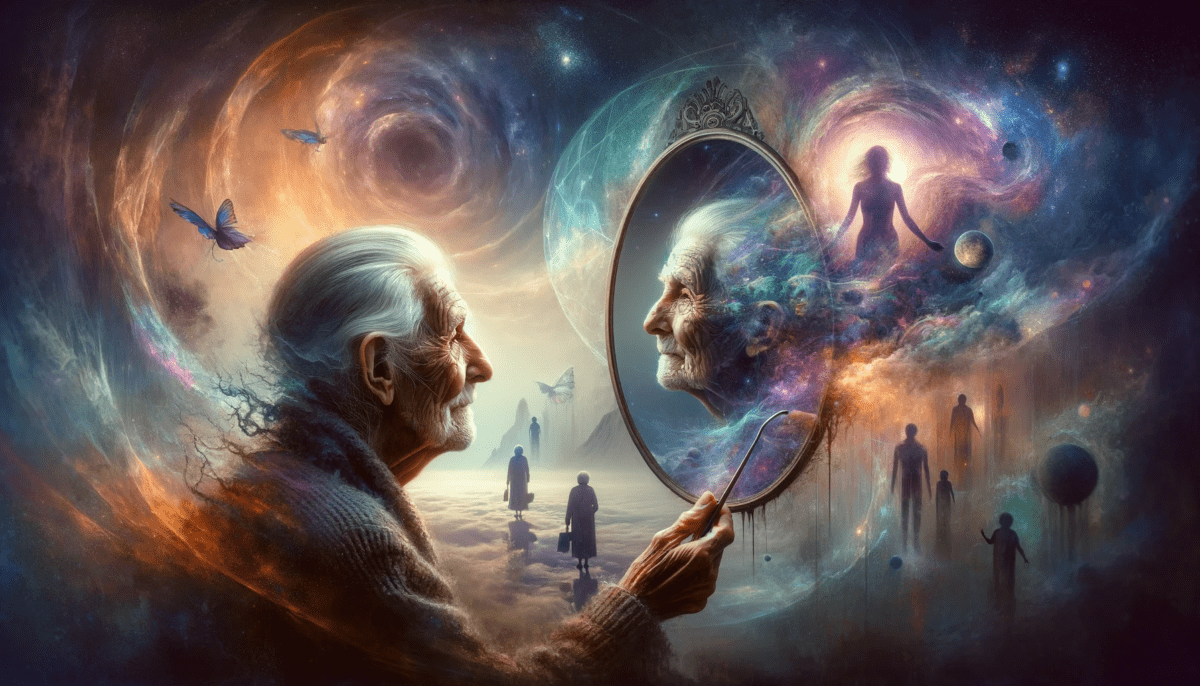
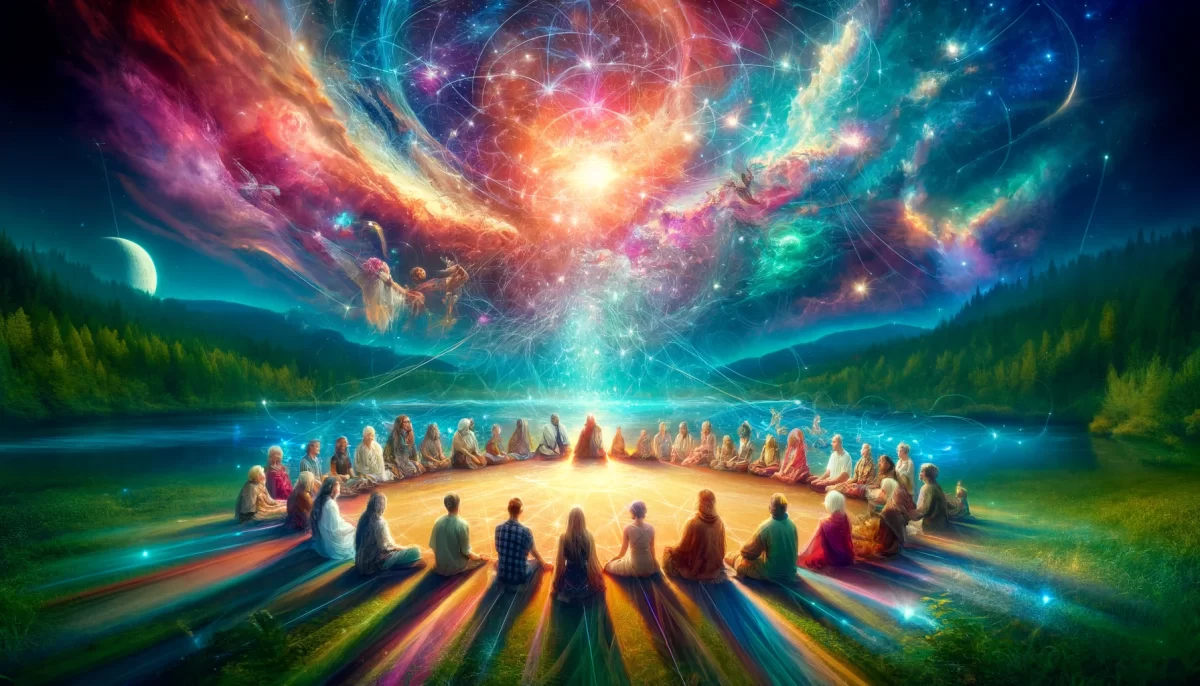

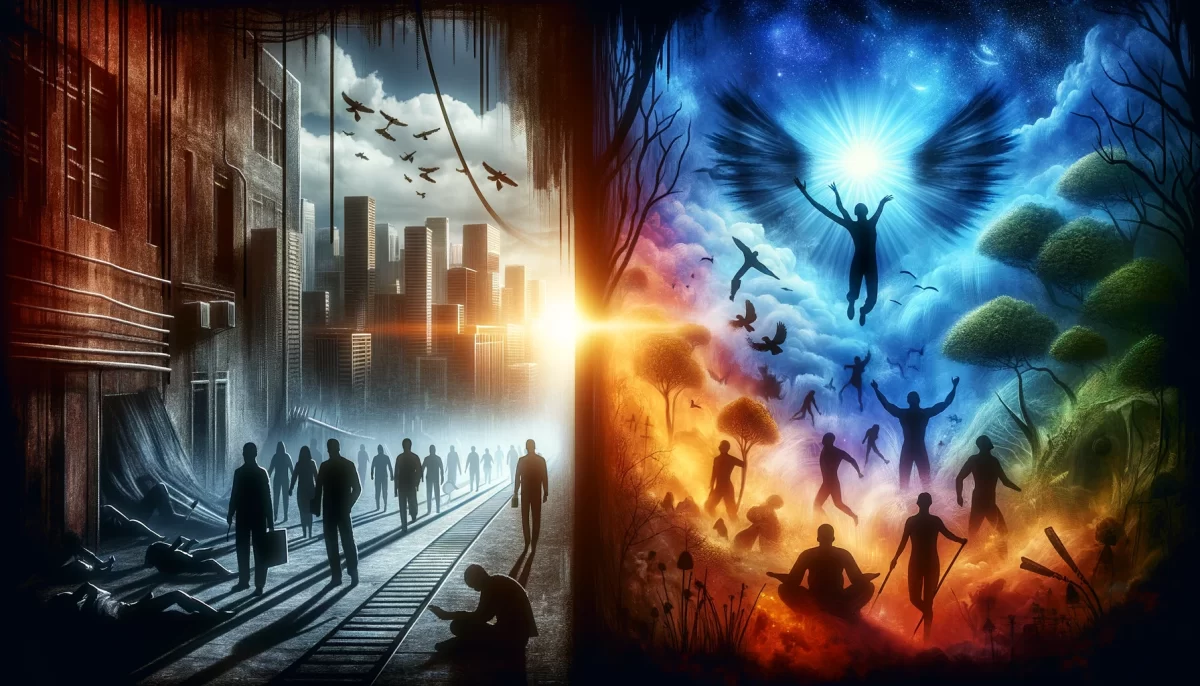
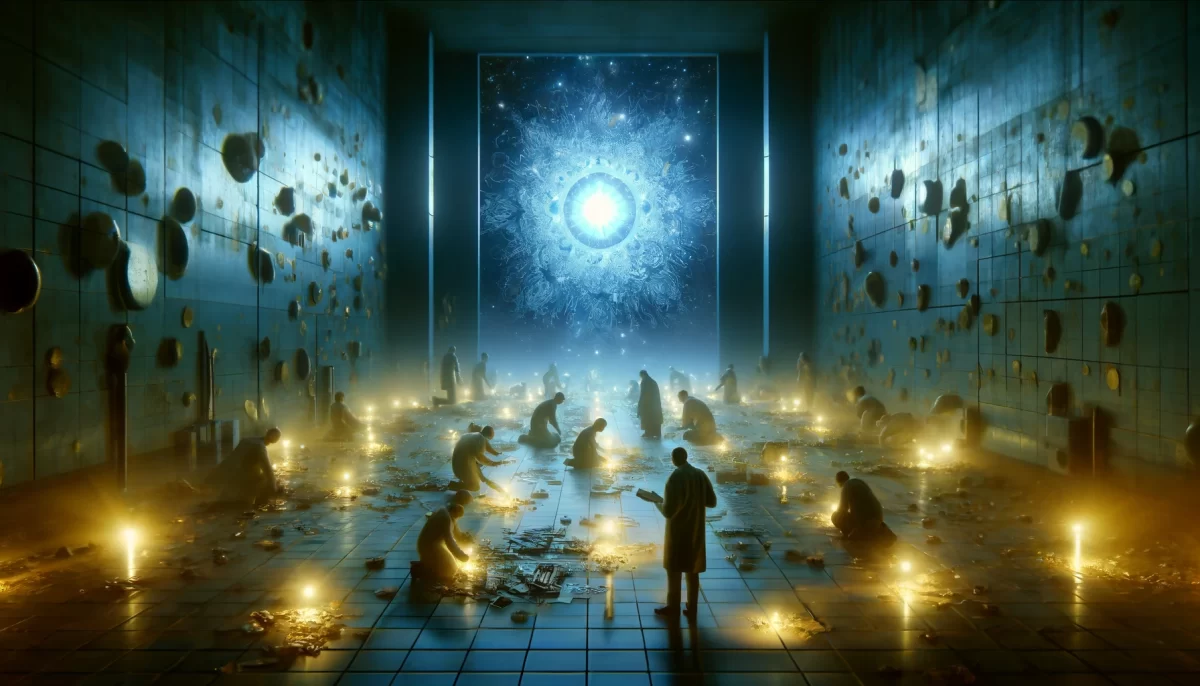
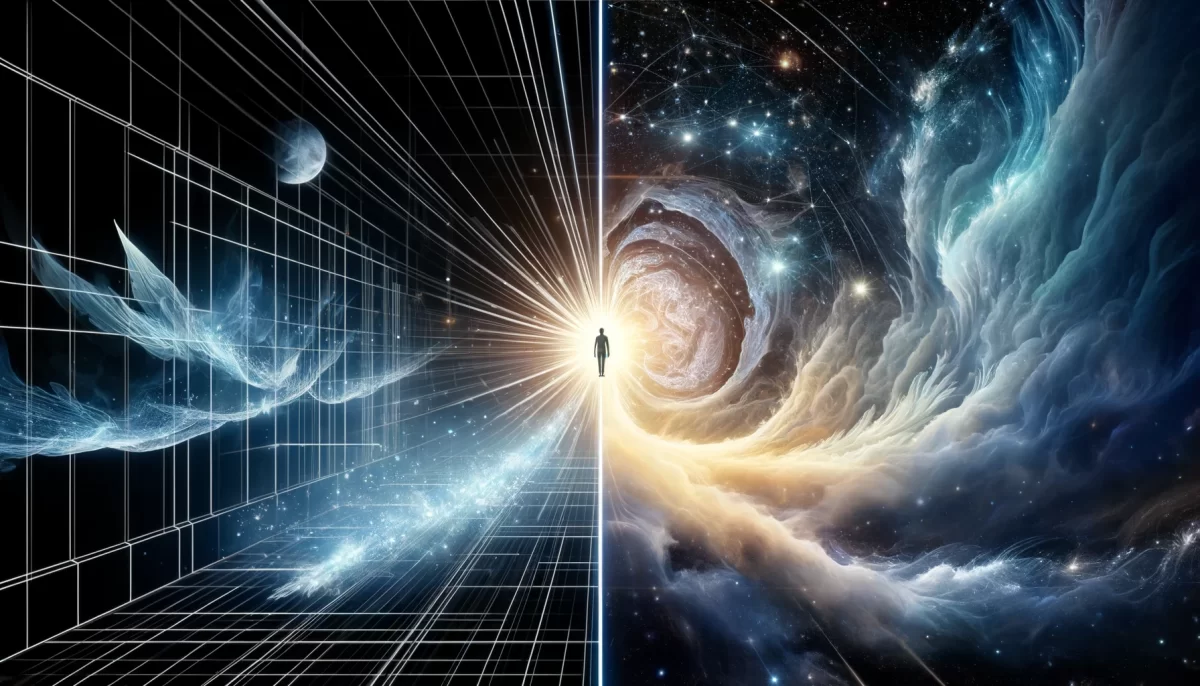
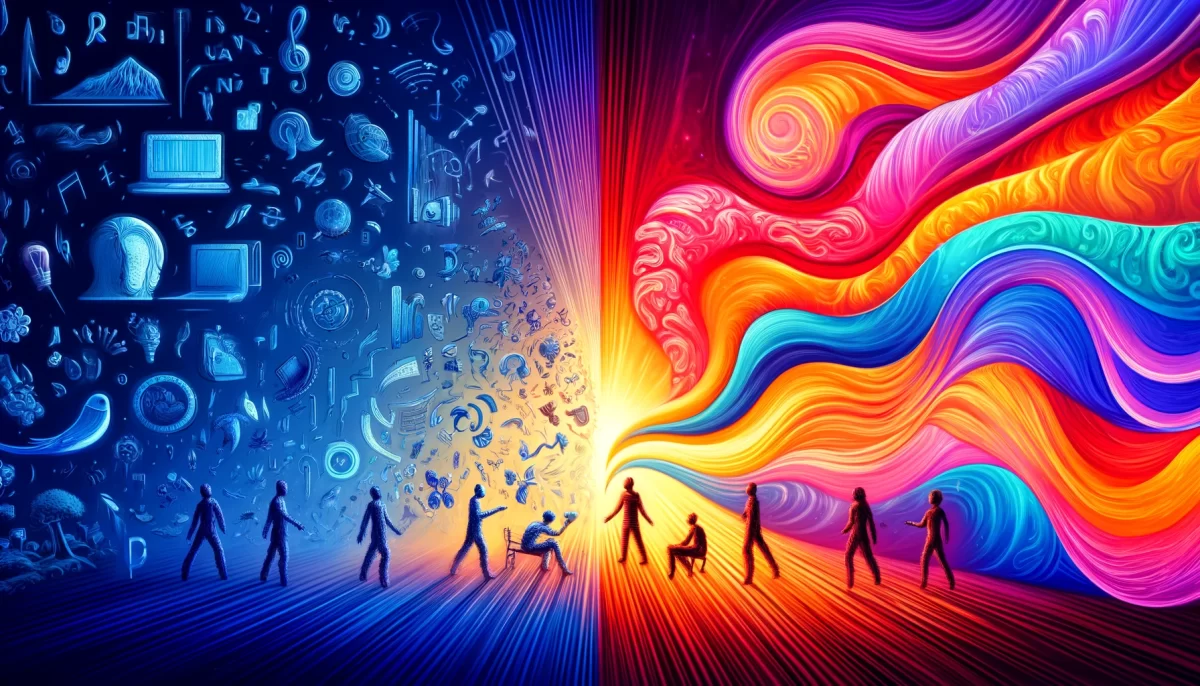
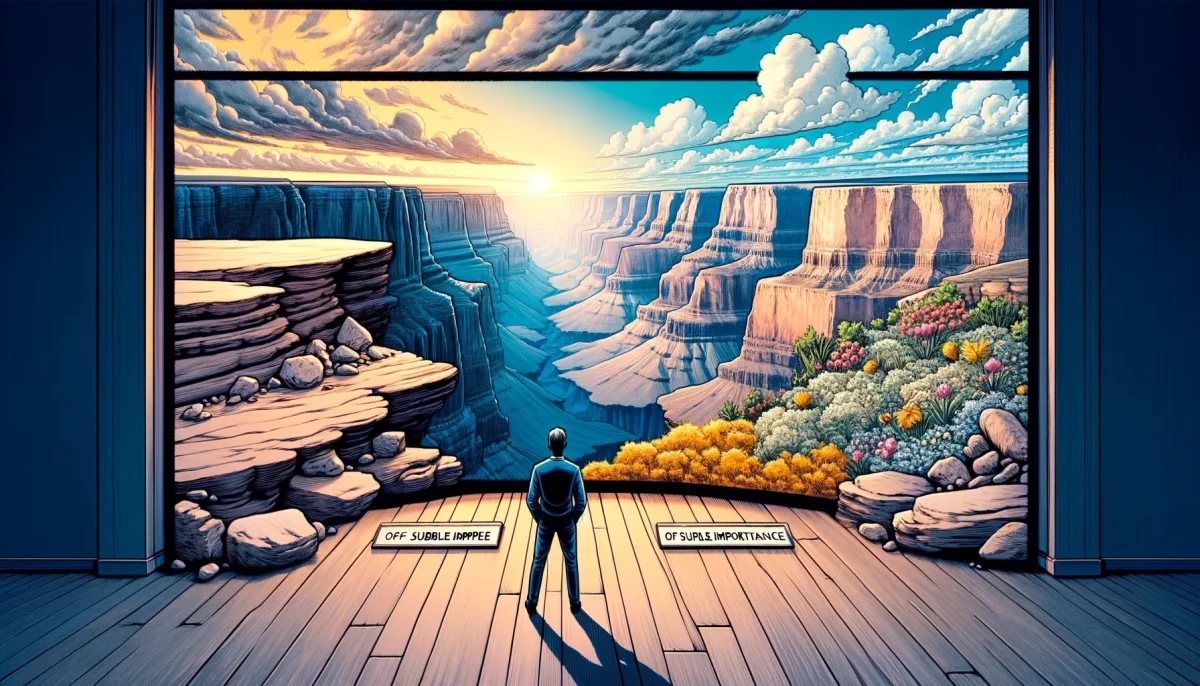
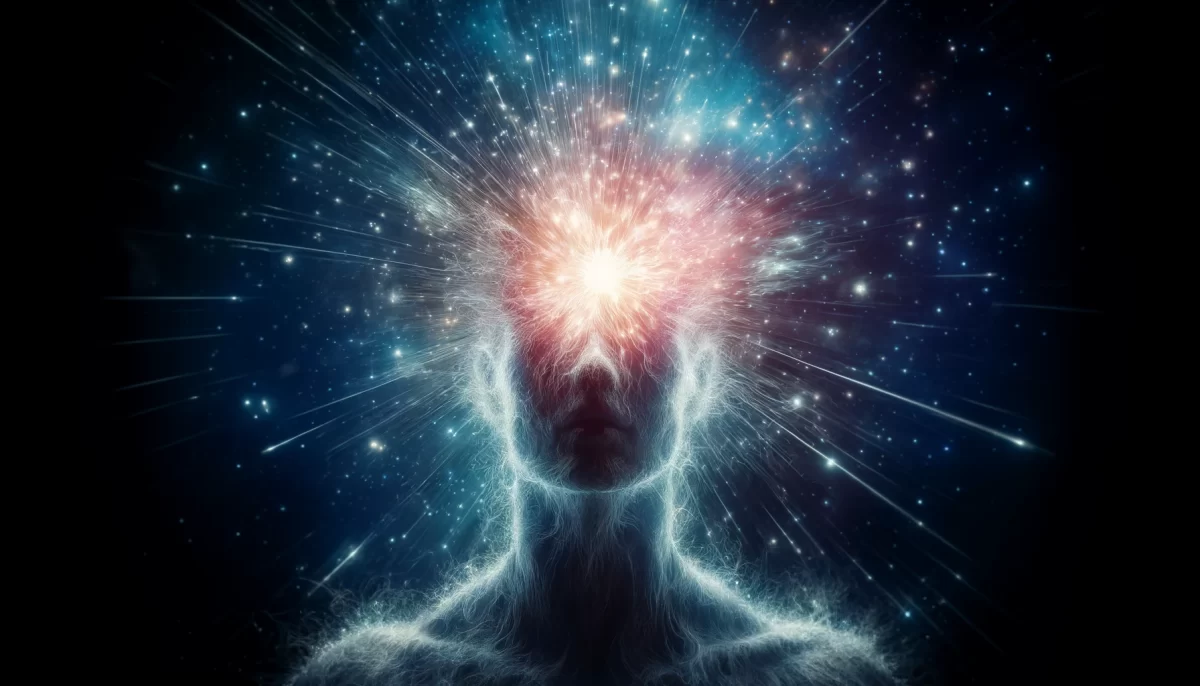
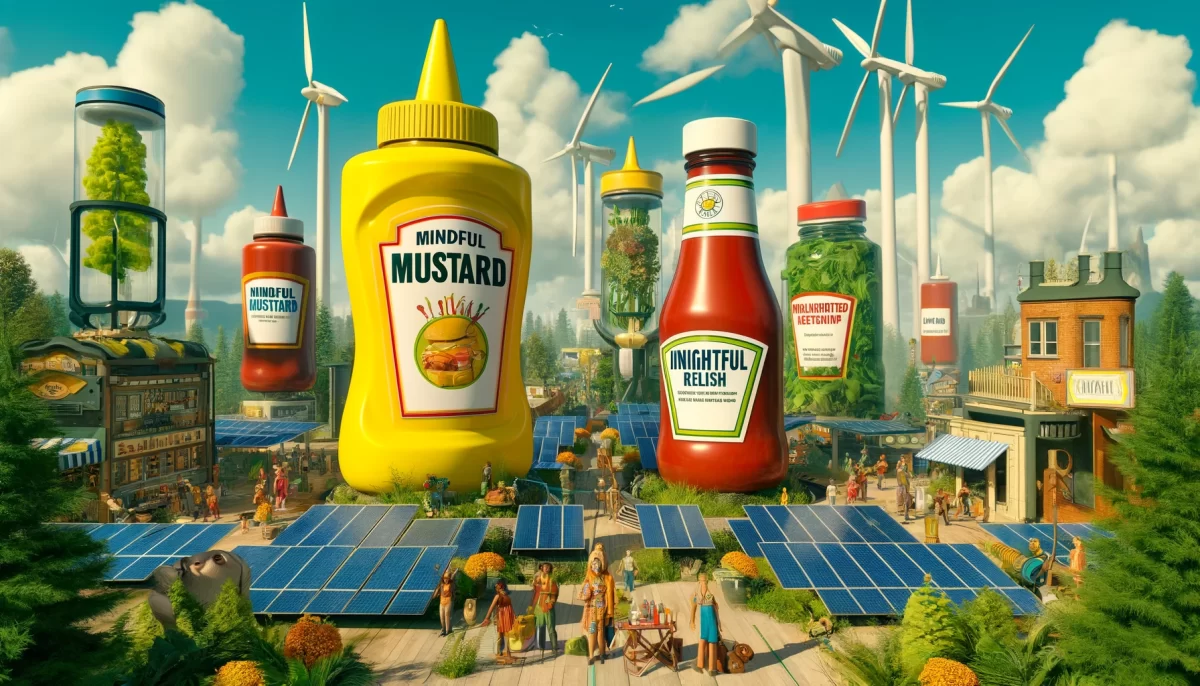


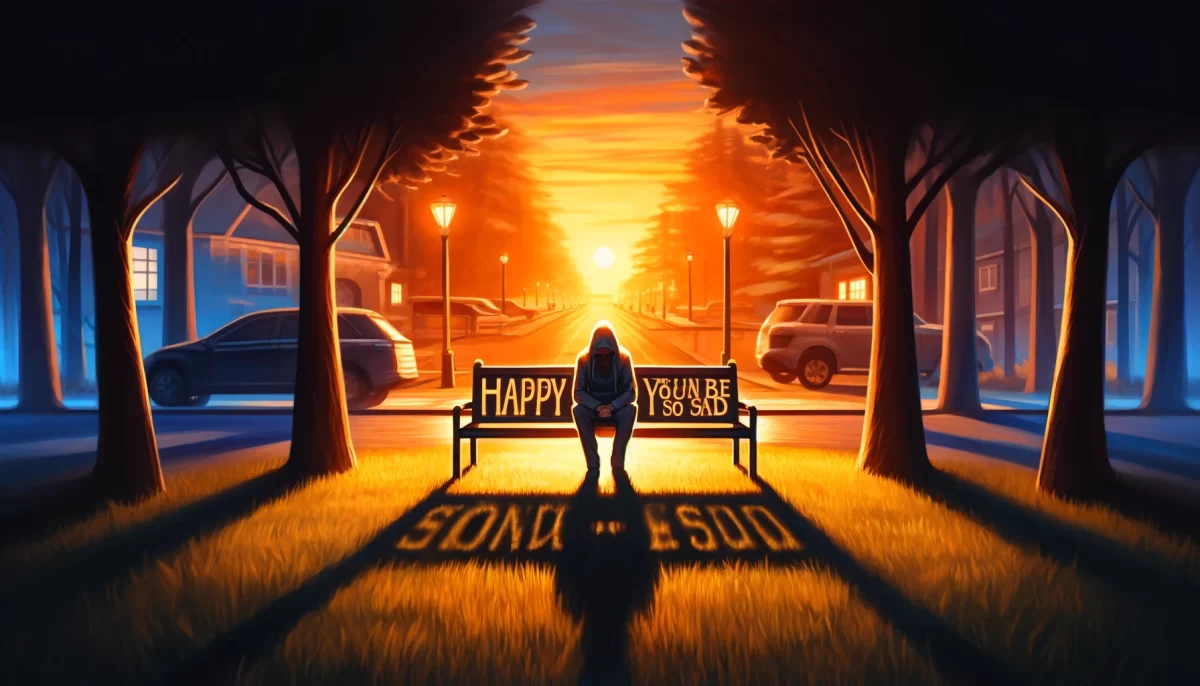
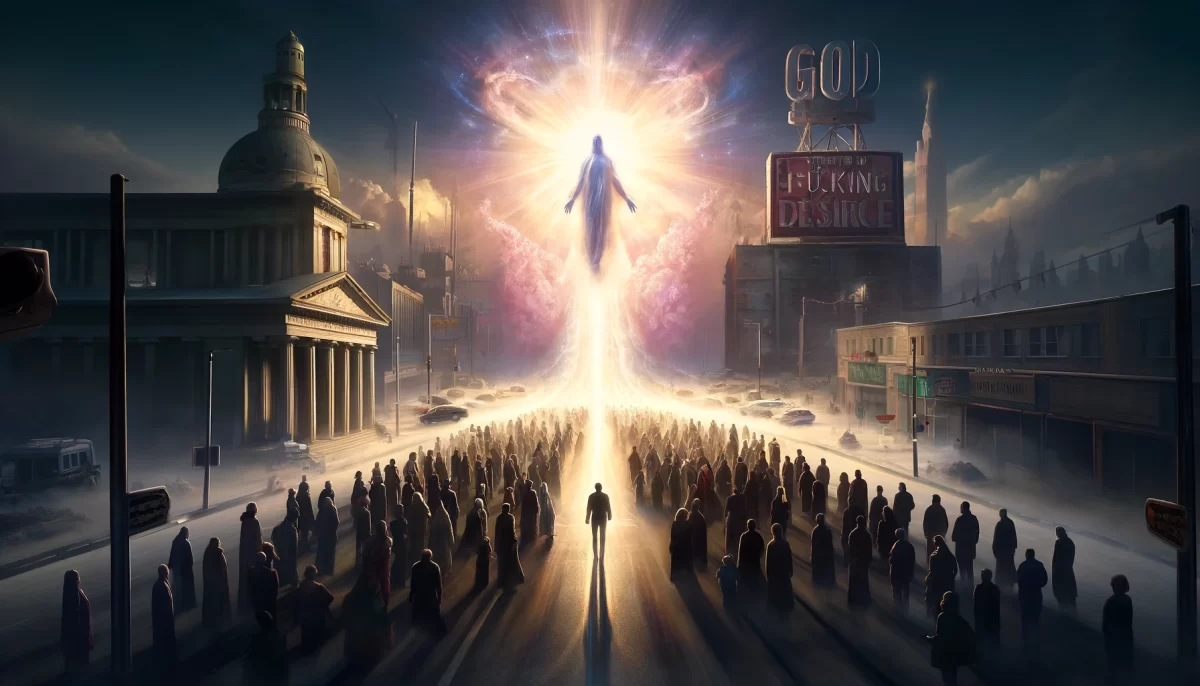
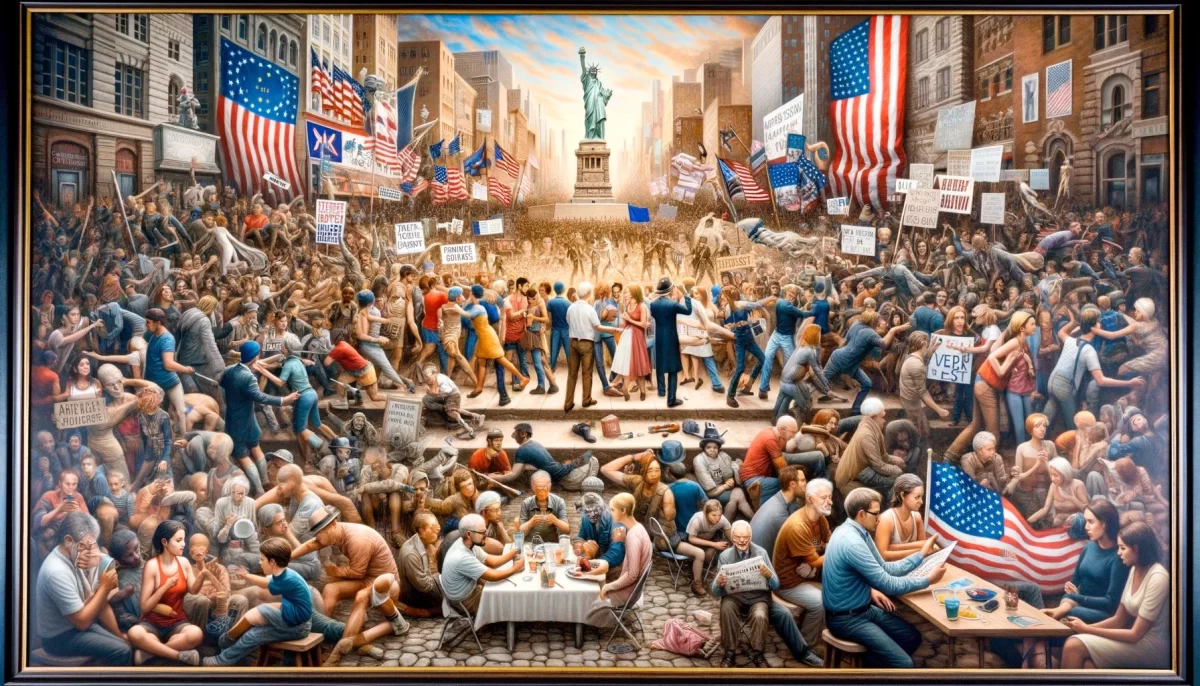
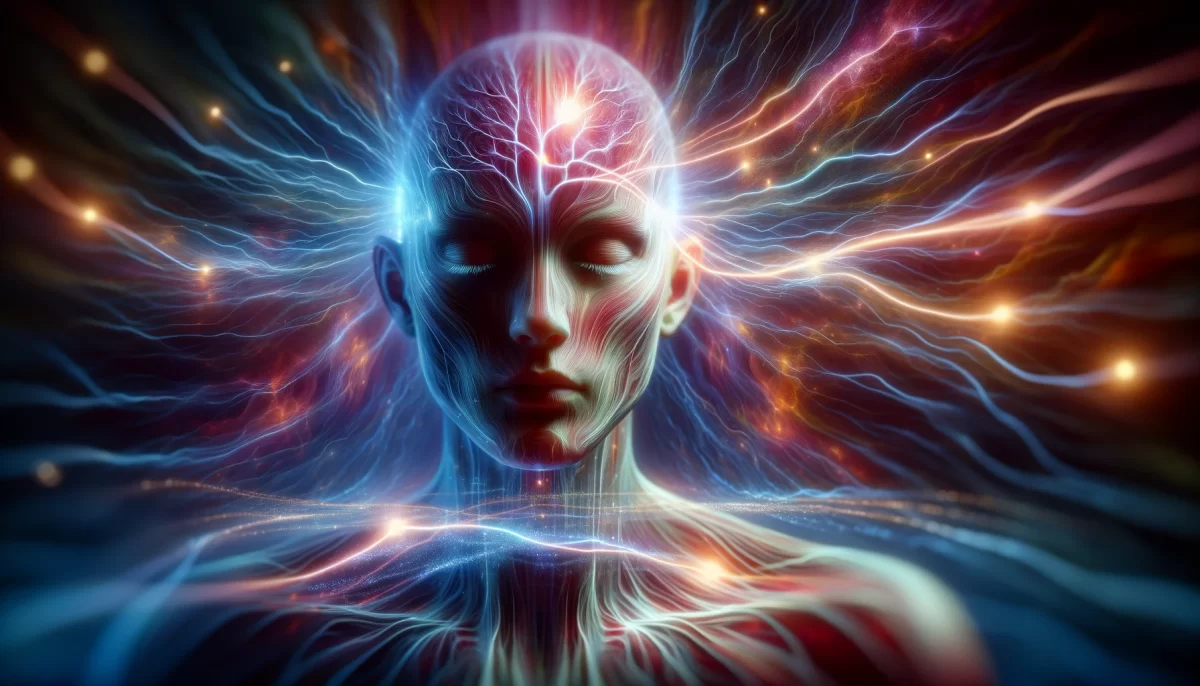
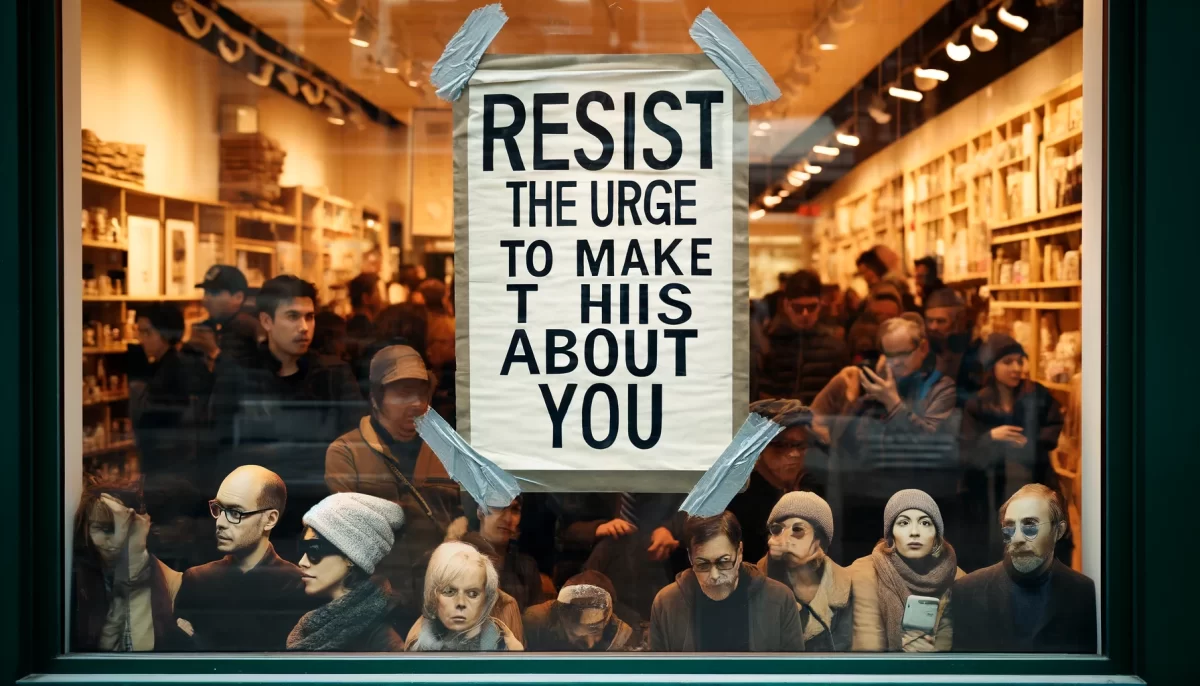
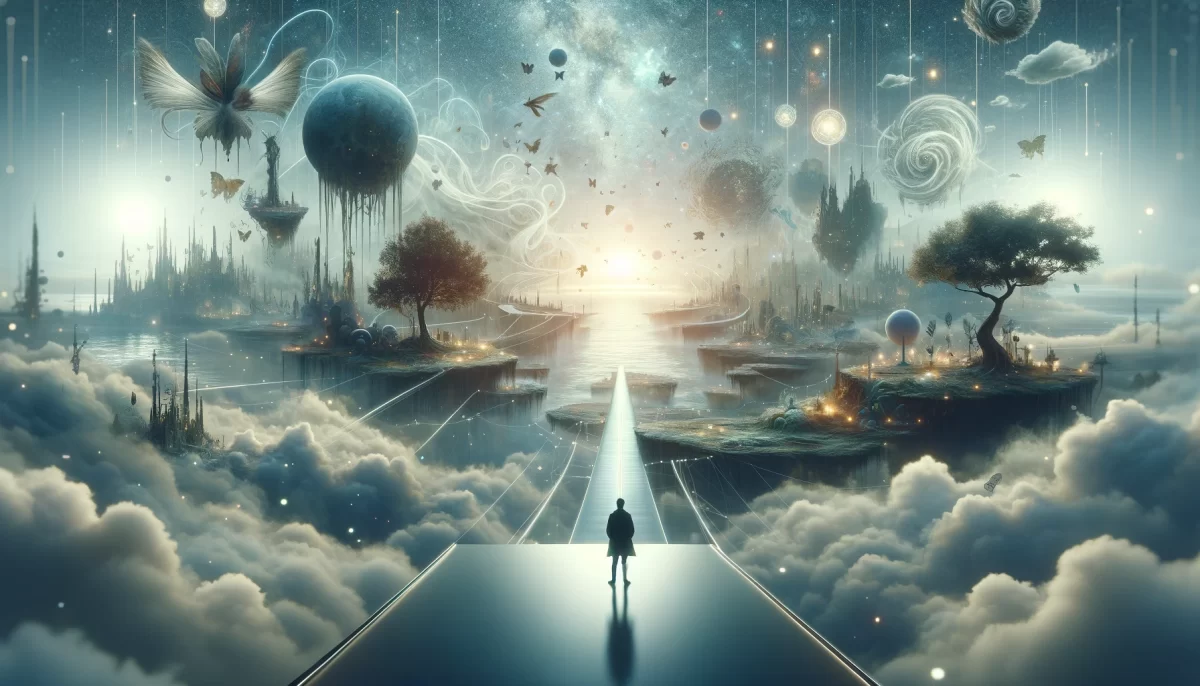
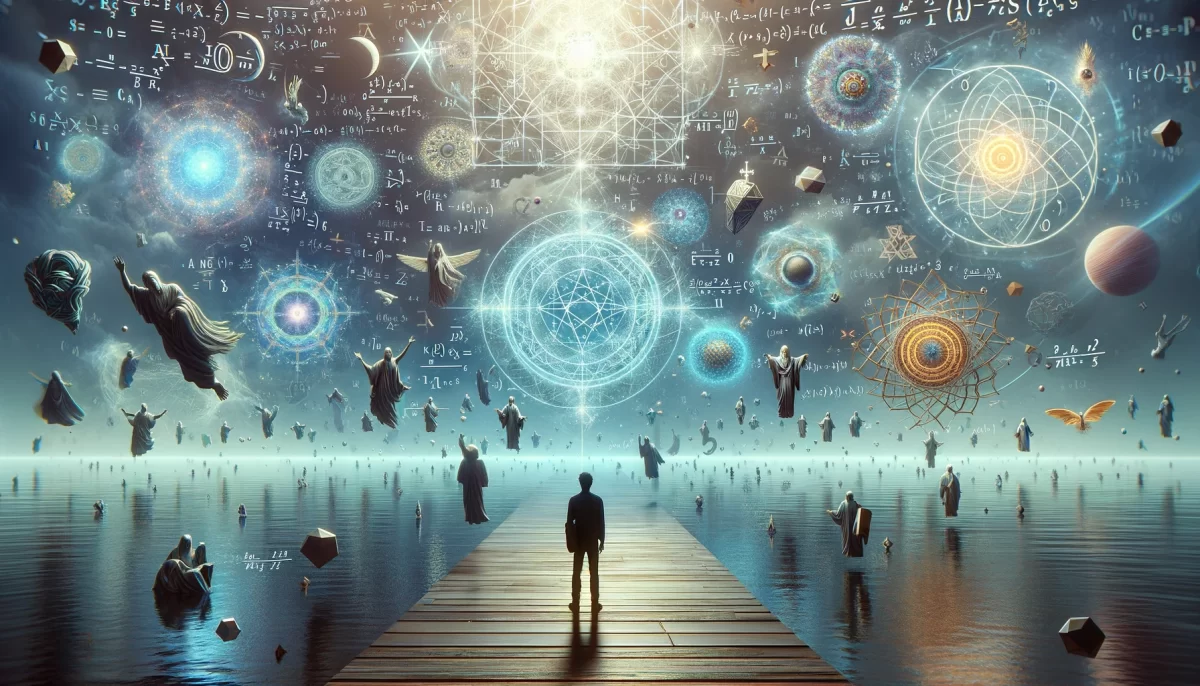
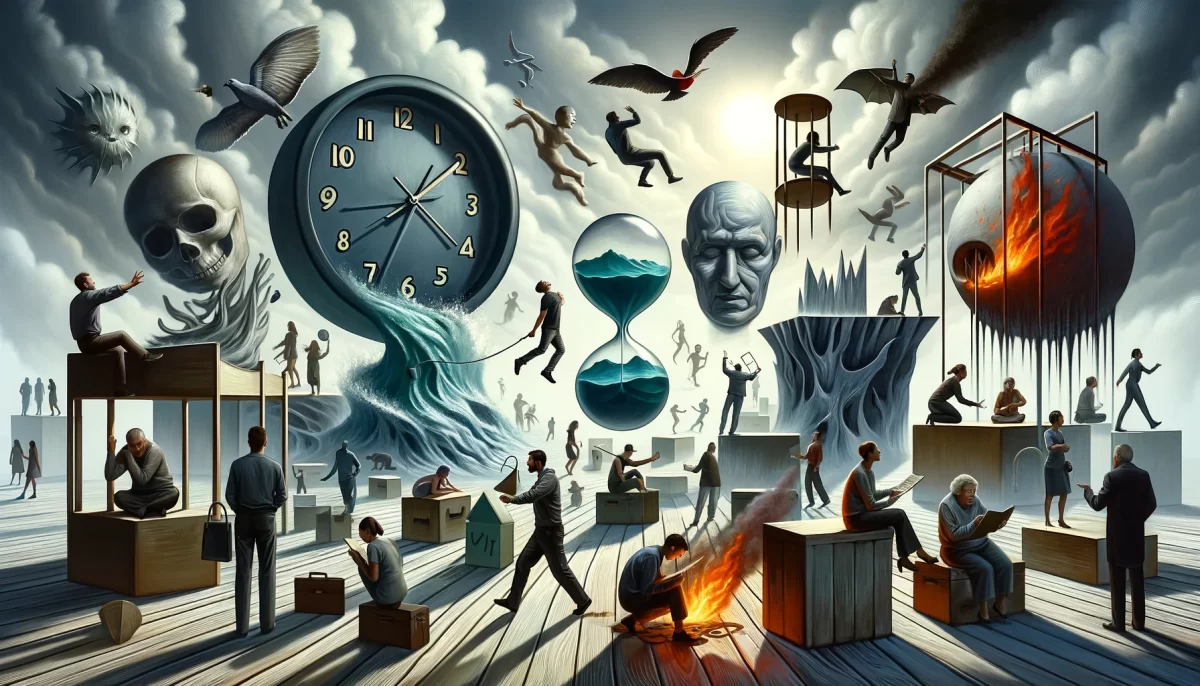
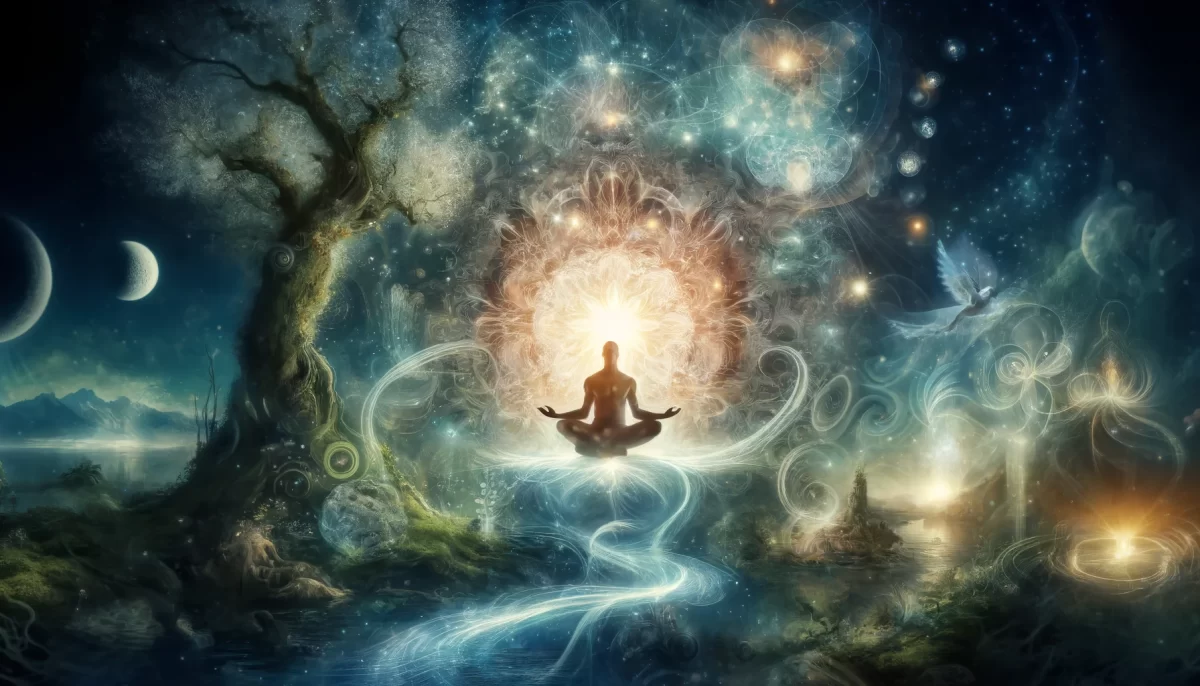
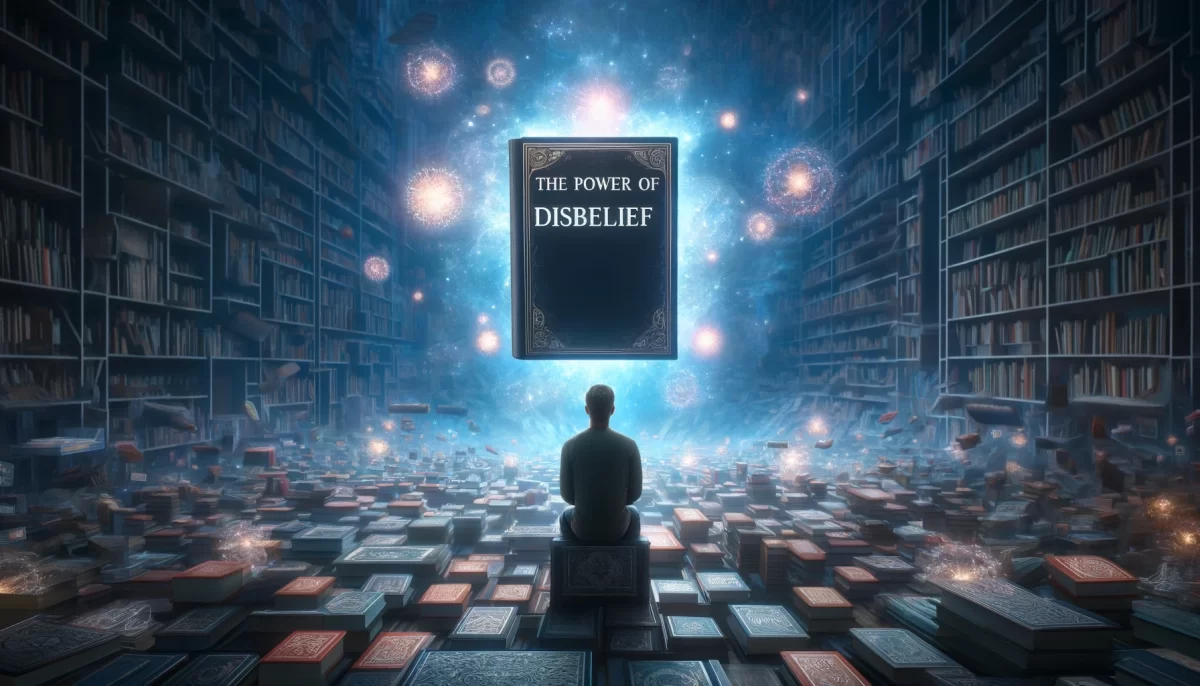
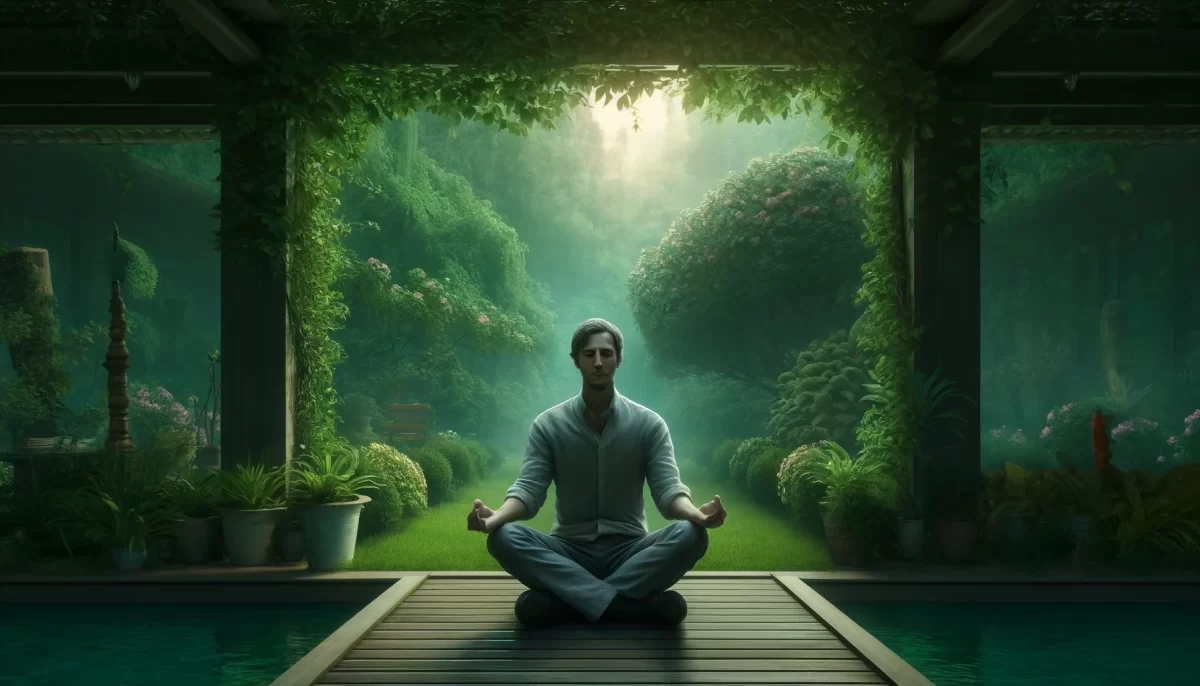
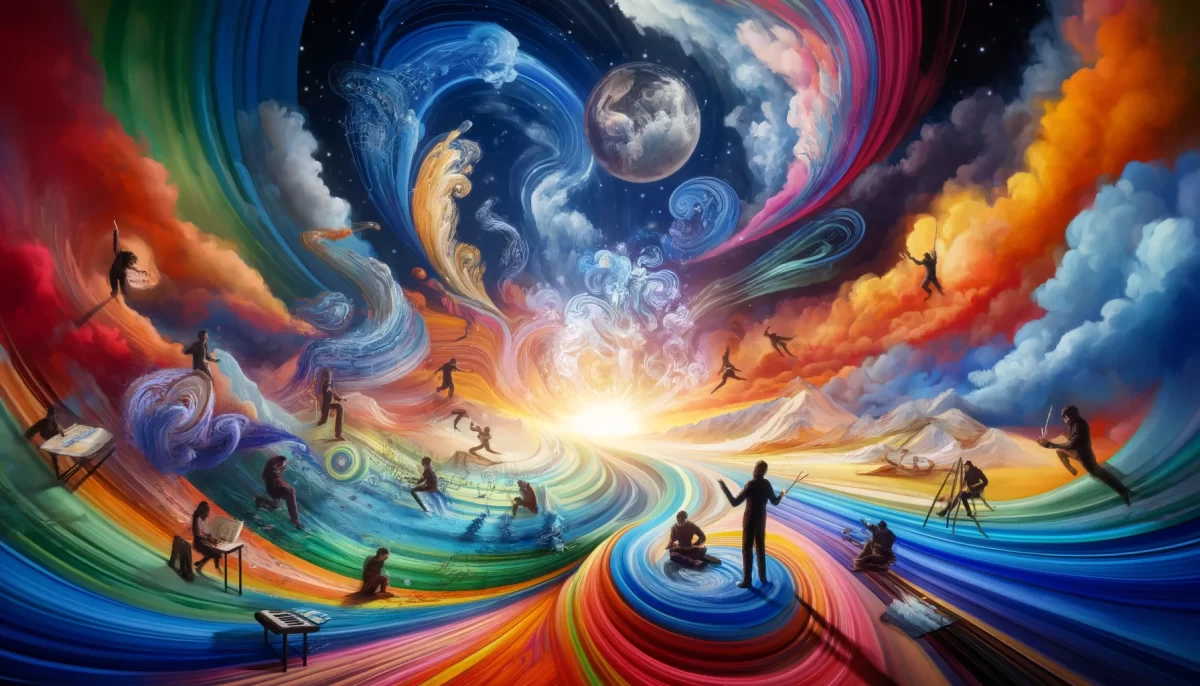
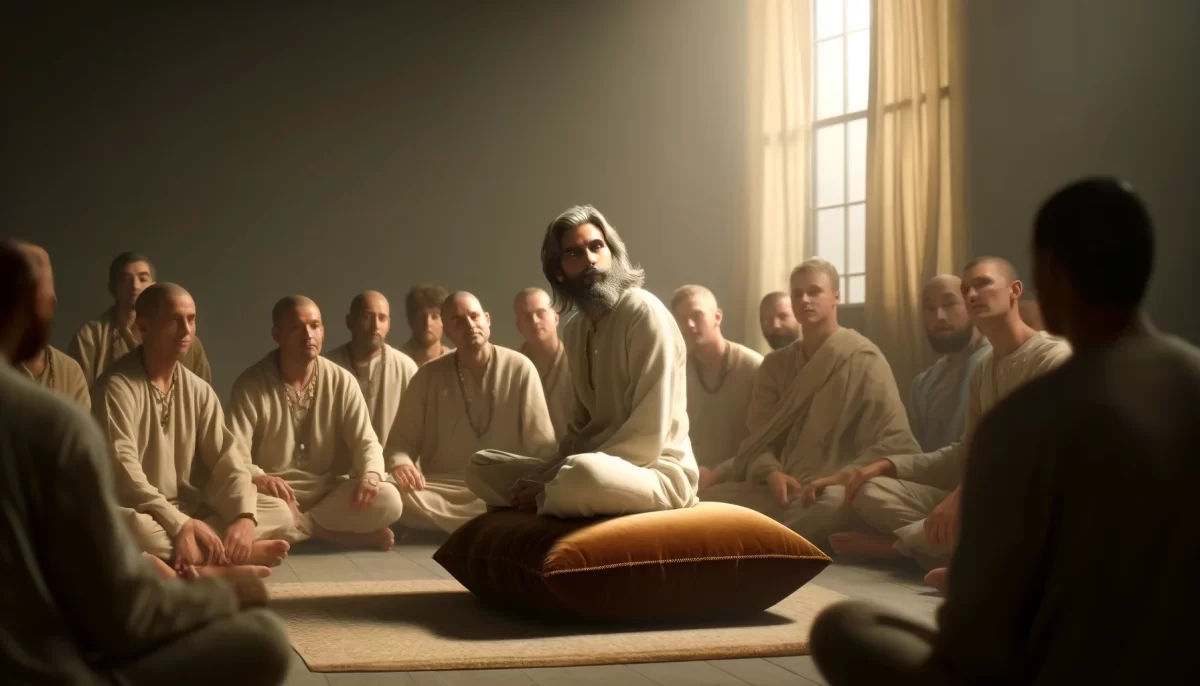
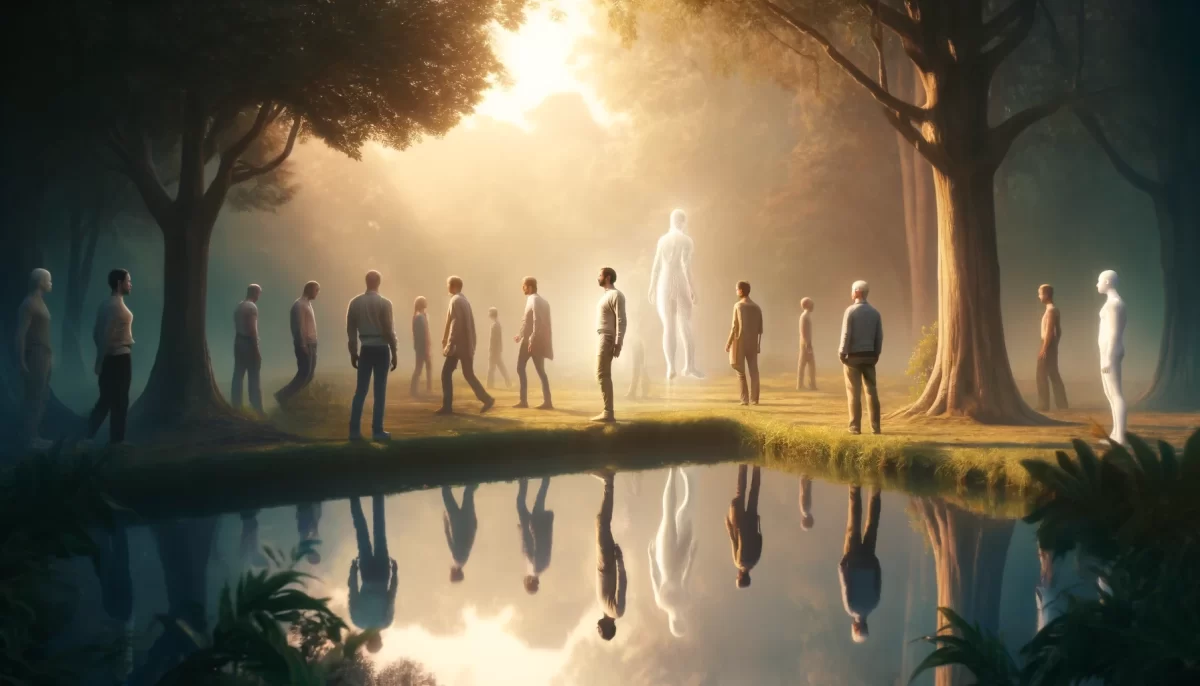

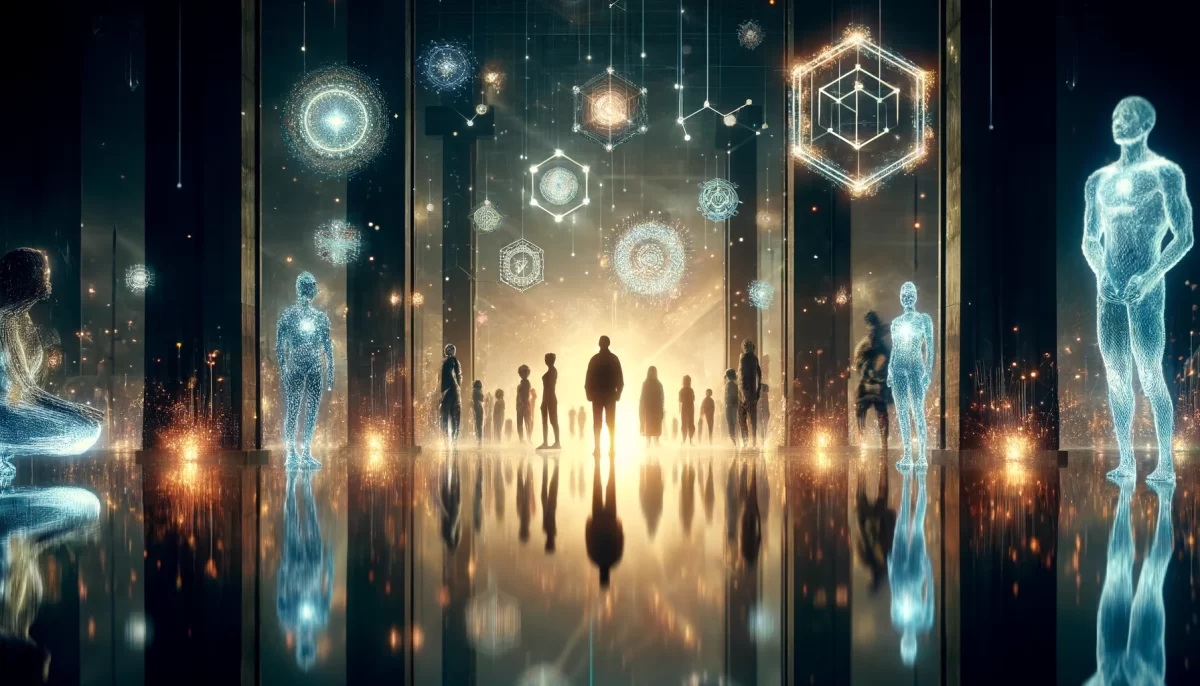
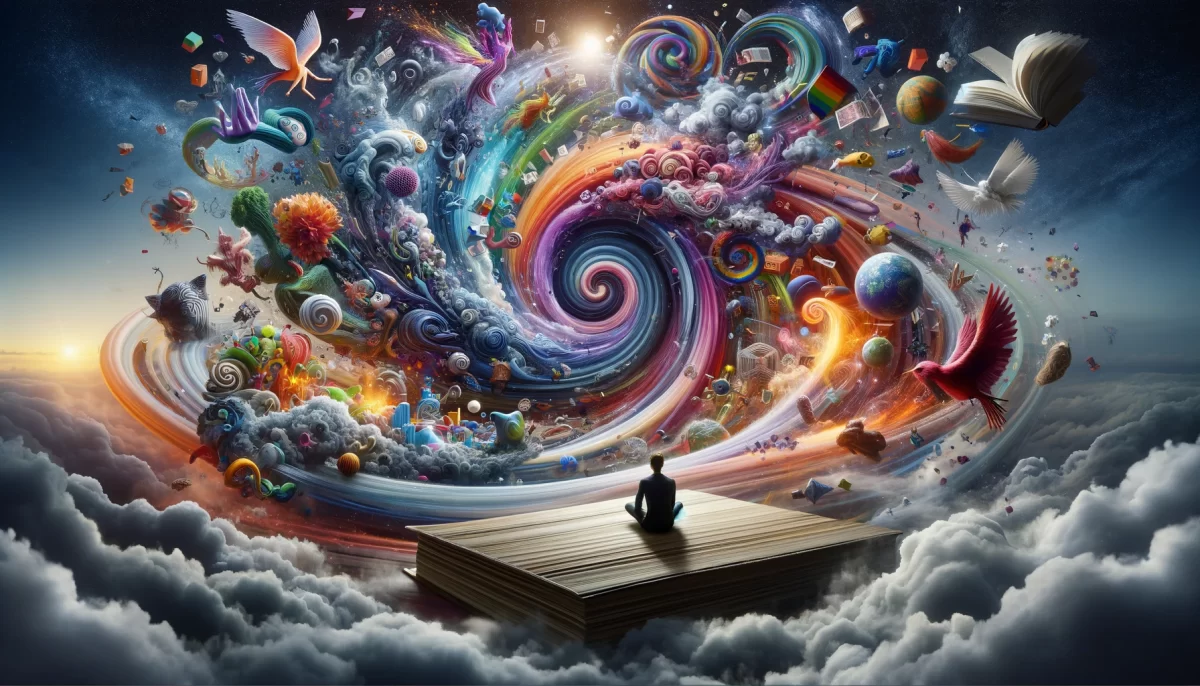
Leave a Reply